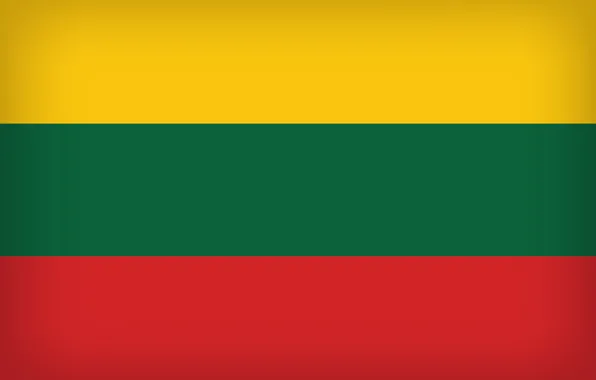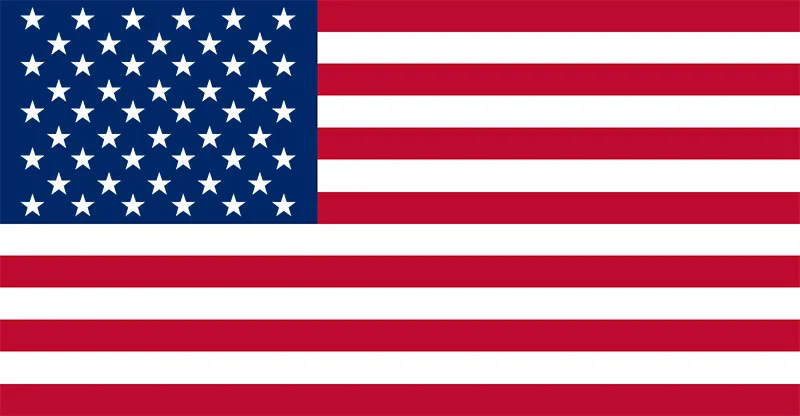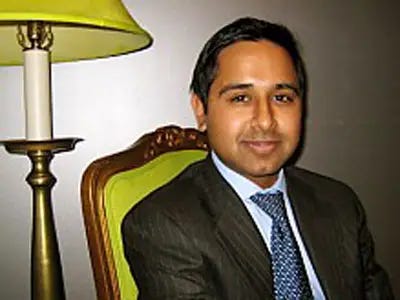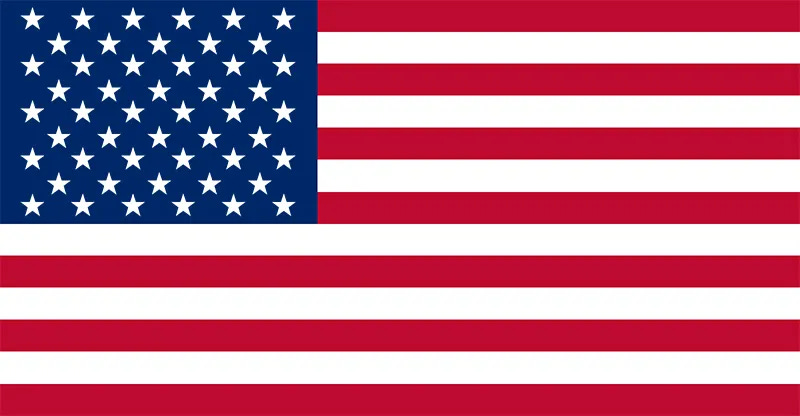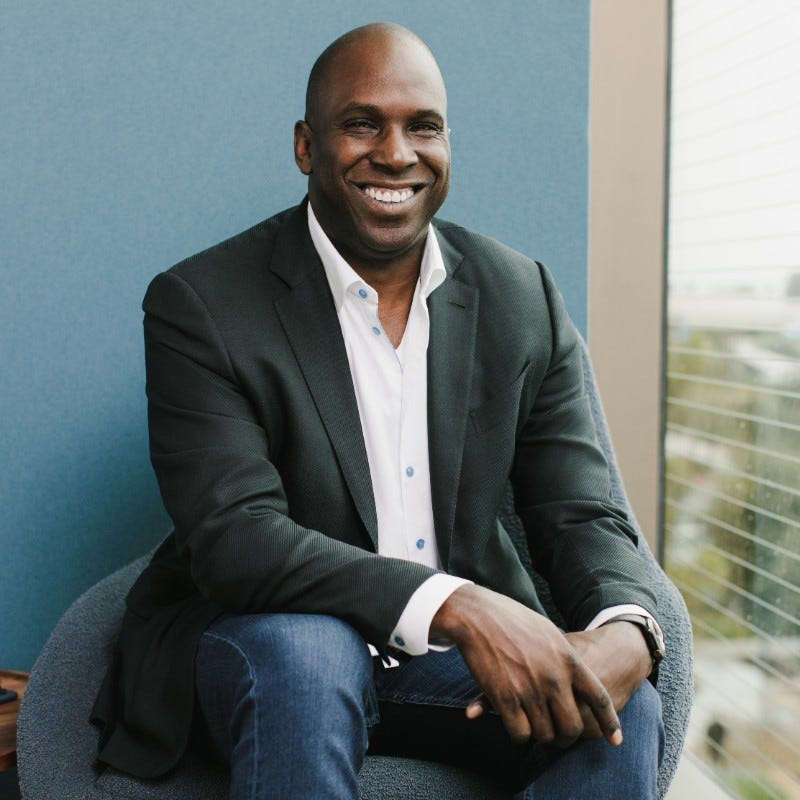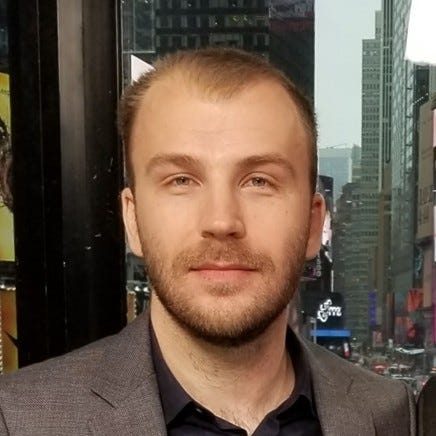Who Really Controls Your VPN? Uncovering the Directors, Shareholders, and Hidden Power Behind Top VPNs!
In the VPN world, it’s easy to assume you’re dealing with independent, privacy-focused companies, but the reality can be quite different. Many of the major players are owned by larger conglomerates, and understanding who controls these companies gives us insight into how they operate. In this post, we’ll dig into the directors, shareholdings, nationalities, and estimated net worth of the key figures behind the top VPN brands. Here is the flag of my home country New Zealand where CicadaVPN is currently domiciled.
Who Really Owns These VPNs?
Let’s break down the key ownership structures behind the top VPN companies. We’ll look at the directors, their nationalities, shareholdings, and estimated wealth to get a clearer picture of who’s pulling the strings.
Nord Security (NordVPN, Surfshark)
Directors: Tom Okman, Eimantas Sabaliauskas, Jonas Karklys
Nationality: Lithuanian
Estimated Net Worth: Tom Okman and Jonas Karklys are estimated to have a combined net worth of $100 million.
Nord Security is a Lithuanian-based company that owns NordVPN and Surfshark. The two key figures, Tom Okman and Jonas Karklys, have steered the company to a leading position in the VPN market. They hold significant stakes in Nord Security and have been involved in the company’s growth from the early days. As private owners, they keep a tight grip on the company's direction.
The directors are well-known in Lithuania’s tech ecosystem, and their backgrounds in cybersecurity have been pivotal to the company’s success. Their leadership has helped position NordVPN as one of the most trusted names in VPNs.
Kape Technologies (ExpressVPN, CyberGhost, Private Internet Access)
Directors: Ido Erlichman (CEO), Teddy Sagi (Investor)
Nationality: Israeli
Estimated Net Worth: Teddy Sagi is worth an estimated $5 billion.
Kape Technologies is a publicly traded company on the London Stock Exchange, but a major player behind the scenes is billionaire investor Teddy Sagi, who made his fortune through Playtech, an online gambling software company. While Ido Erlichman serves as the CEO, Sagi’s financial backing has given Kape Technologies the muscle to acquire major VPN brands like ExpressVPN, CyberGhost, and Private Internet Access (PIA).
Kape’s aggressive expansion, coupled with its Israeli leadership and Sagi’s history in gambling software, raises questions for privacy-conscious users. Despite this, Kape has managed to position itself as a dominant force in the VPN market.
Proton AG (ProtonVPN)
Directors: Andy Yen (CEO), Wei Sun, Jason Stockman
Nationality: Swiss, Taiwanese
Estimated Net Worth: Andy Yen’s personal wealth is estimated at $50 million.
ProtonVPN is part of Proton AG, the company that also owns ProtonMail. Andy Yen, a former physicist from CERN, co-founded Proton with the aim of providing privacy-first services, including both encrypted email and a VPN service. Based in Switzerland, a country with some of the strictest privacy laws in the world, Proton’s leadership and ownership remain relatively transparent.
Yen and his co-founders maintain strong control over the company’s direction, and the company remains privately held. The leadership team is vocal about their commitment to privacy, which is reflected in their refusal to compromise on user data protection.
Ziff Davis (IPVanish)
Directors: Vivek Shah (CEO)
Nationality: American
Estimated Net Worth: Vivek Shah is estimated to be worth around $40 million.
IPVanish is owned by Ziff Davis, a major player in the digital media and internet services industry. Vivek Shah, Ziff Davis' CEO, oversees a broad portfolio of tech services, including Mashable and PCMag, in addition to IPVanish. While Ziff Davis isn’t primarily a security company, it has strategically positioned itself in the VPN market through acquisitions.
Given its broad portfolio, Ziff Davis is less focused on privacy and more on managing a diversified range of digital assets. Although IPVanish has been marketed as a VPN service, its ownership by a major U.S.-based media company may influence how it handles user data.
McAfee Corp. (TunnelBear)
Directors: Greg Johnson (CEO)
Nationality: American
Estimated Net Worth: Greg Johnson’s net worth is unknown, but McAfee’s valuation sits at approximately $14 billion.
TunnelBear was acquired by McAfee, one of the most well-known names in antivirus software. Although TunnelBear retains its quirky branding, its acquisition by McAfee means that it is now part of a massive cybersecurity portfolio. McAfee itself is publicly traded and owned by various institutional investors.
McAfee's ownership of TunnelBear aligns the VPN with a broader suite of cybersecurity tools, though this may raise concerns about the centralization of control in the industry.
Windscribe
Directors: Yegor Sak
Nationality: Canadian
Estimated Net Worth: Yegor Sak’s net worth is estimated at $10 million.
Windscribe is one of the few independently owned VPNs on the market. Founded and operated by Yegor Sak, a Canadian entrepreneur, Windscribe remains a small but highly respected player. The company is vocal about privacy and transparency, which has attracted users who are wary of larger conglomerate-owned VPNs.
Unlike other VPNs that have been absorbed into larger corporations, Windscribe continues to operate independently, with Sak playing a hands-on role in day-to-day operations.
What Do These Ownership Structures Mean for You?
When choosing a VPN, ownership matters. Here’s why:
Privacy Risks: VPNs owned by companies based in countries with weak privacy protections (like the U.S. or Israel) may be more vulnerable to data requests from government agencies. Companies with ownership in privacy-friendly jurisdictions (Switzerland, Panama, or the Netherlands) are generally safer choices.
Business Interests: Some VPNs are owned by conglomerates more interested in profits than privacy. Understanding the financial interests behind these companies helps you make an informed decision.
Transparency: Independent VPNs like ProtonVPN and Windscribe tend to be more transparent in how they handle data, often publishing transparency reports. Larger corporations may prioritize shareholder returns over user privacy.
Conclusion
Understanding who controls your VPN provider can help you make smarter, more informed decisions. Ownership influences everything from privacy policies to how well a VPN protects your data. While companies like Nord Security and Proton AG maintain strong privacy credentials, others—like those under Kape Technologies—are driven by business motives that might not always align with user privacy.
As CicadaVPN grows, we aim to stay fully transparent about our ownership and decision-making processes, keeping customer privacy front and center.
Stay tuned for more insights into the VPN market in future posts!
Gracias,
David Awatere
Founder of CicadaVPN





